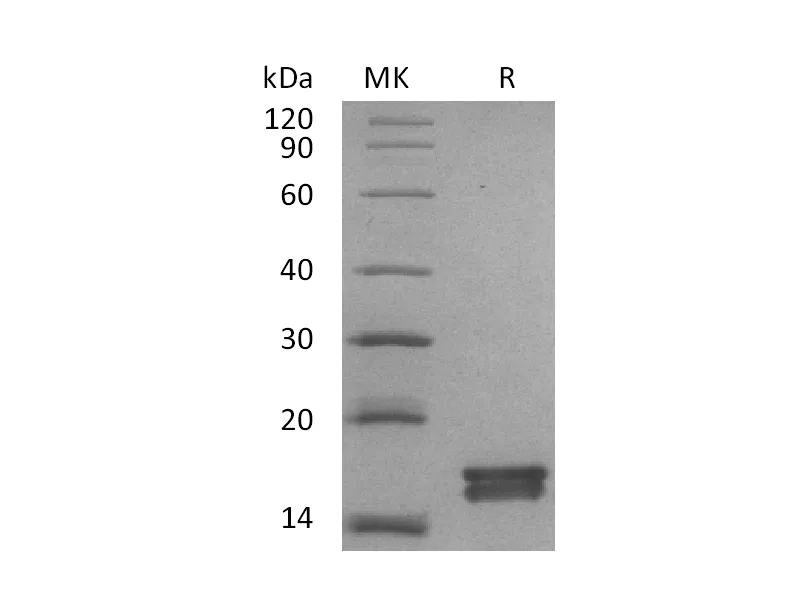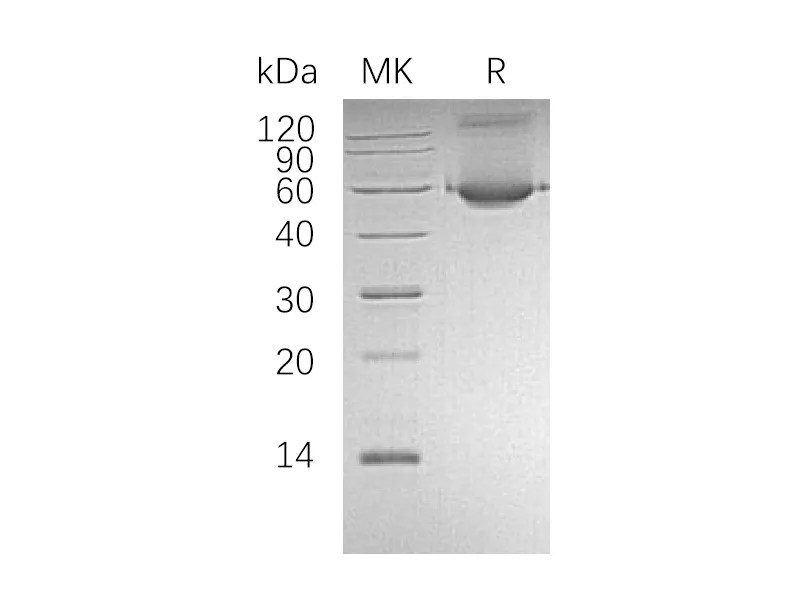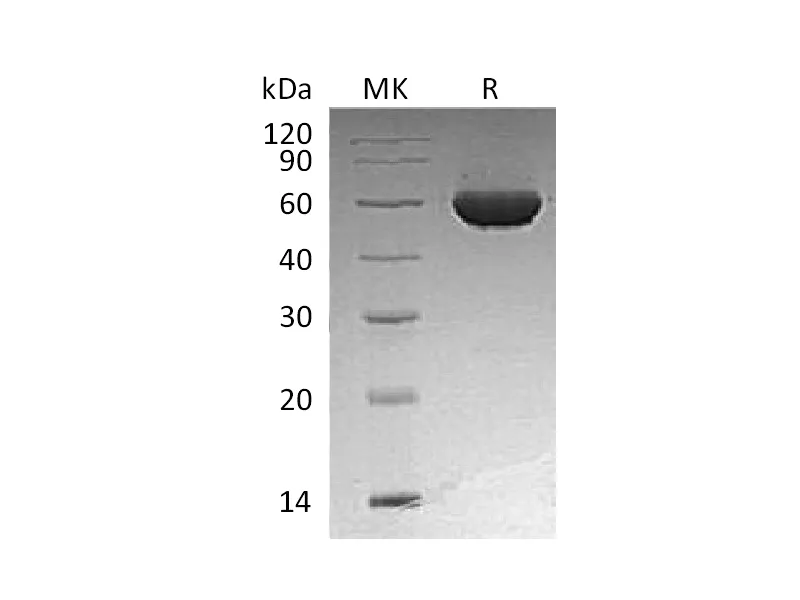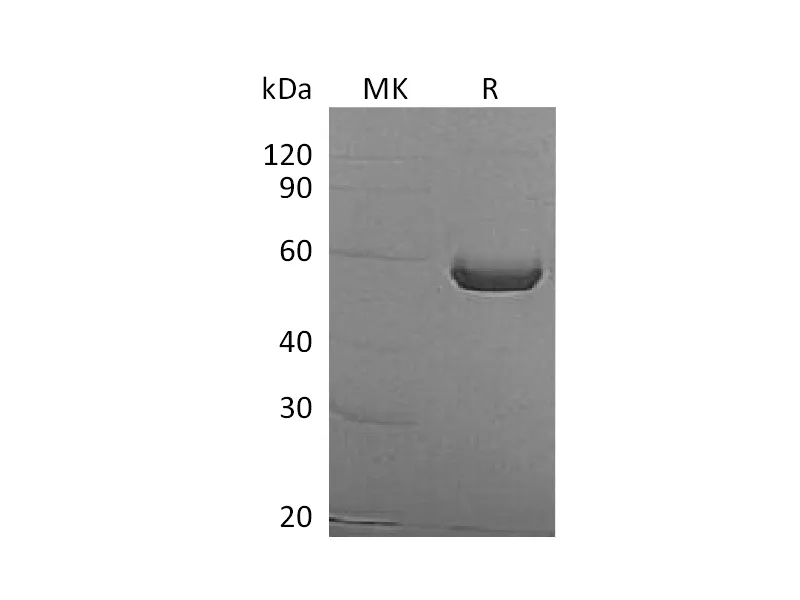Alternative Names
Cystatin-M; Cystatin-6; Cystatin-E; CST6
Background
Cystatin-M is a typical secretory protein. It is synthesized as a preprotein with a patent N-terminal signal sequence.It belongs to the cystatin family. The most widely accepted function of cystatins is that of protease inhibitors. Most cysteine proteases are confined within cells where optimal pH and redox conditions favor their enzymatic activity. Thus, the majority of intracellular cysteine proteases are inactivated by oxidizing conditions outside the cells. Among the various types of intracellular cysteine proteases, cystatins seem to target preferentially endosomal/lysosomal cysteine proteases of the papain family, such as cathepsin B, cathepsin K/O2, cathepsin L, cathepsin L2/V and cathepsin S. Another important function of Cst6 seems to be in the terminal differentiation of stratified squamous epithelial cells and in the formation of cornified envelops. Cst6 is believed to be important in fine-tuning the enzymatic activities of endosomal/lysosomal cysteine proteases such as cathepsin L, cathepsin L2/V and AEP/mammalian legumain. Deregulated activity of these proteases could lead to abnormal activation of transglutaminases and disorders in cornification.
Note
For Research Use Only , Not for Diagnostic Use.




